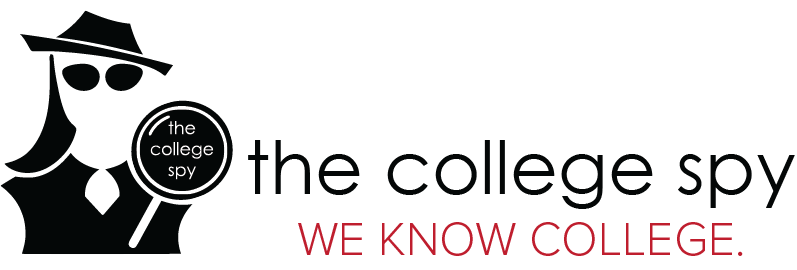Michelle McAnaney, founder of The College Spy, is a MBTI (Myers-Briggs Type Indicator) certified practitioner.
The MBTI is included as part of the Countdown to College Package. The College Spy also offers the MBTI and a one-on-one individualized analysis to any student for a fee of $250.
What is the MBTI?
The Myers-Briggs Type Indicator is the most widely used personality assessment in the world. The assessment helps students understand the following four aspects of their personality and how these aspects affect their behavior.
• Where they prefer to direct their focus (outward or inward?)
• How they prefer to take in information (step-by step or big picture?)
• How they prefer to make decisions (using thoughts or feelings?)
• How they prefer to organize their world (planned and orderly or flexible and spontaneous?)
The MBTI does not label students and it does not tell them what they are good at. The MBTI simply helps students understand what they prefer. When we take away the pressures and expectations of a student’s environment (homework, friendships, rules at home and rules at school) what would the student naturally do?
How is the MBTI useful for your student?
Adolescents are greatly influenced by the expectations of their peers, teachers and parents. Here are some examples.
• Teachers requiring students to organize their notebook in a specific way.
• Parents expecting their kids to socialize and have a lot of friends.
• Teenage trends influencing clothing choice.
• College admissions counselors expecting leadership roles on a student’s resume.
As students navigate their lives, they are driven to consider other people’s preferences in order to avoid negative consequences, such as a low grade on an assignment or not having access to the car on Saturday night. At the same time, developing one’s unique identity and becoming independent are two key developmental tasks of adolescence. The opportunity to figure out who you are in a vacuum, when you don’t have the influences of parents, friends and teachers is an important part of identity development. The MBTI will provide your student with a framework for understanding their core preferences. As they make the large and small choices that are part of the college selection process (and ultimately embark upon a new phase of their lives), this framework will help them rigorously analyze their options and make intentional choices that best fit their unique personality, priorities and values.
Can the MBTI help my student choose a career path?
The MBTI does not tell you “what you should be when you grow up.” It is not a career aptitude test. It can, however, help your student analyze which types of jobs within a given profession might be the most rewarding. For example, a student who excels at math and science and has a preference for introversion may be happier doing medical research than being a family doctor. Can the same student be a successful family doctor? Yes! But, he or she would likely have more job satisfaction in a role that does not require constant face-to-face interaction with stressed patients.
How can an understanding of personality type help your student navigate college?
Students learn differently. For example, some students prefer to learn in groups while others learn best alone when they have time to pause and think. Some students prefer specific instructions to solve problems while others want to create their own directions and solve problems informally. The results of the MBTI can explain a student’s unique learning style. Understanding their learning style helps students choose appropriate courses and instructors that match their preferences.
Similarly, the MBTI can also provide information about the manner in which a student chooses a major, deals with stress and addresses conflict.
How is the MBTI administered?
The MBTI starts with a 93-item online questionnaire. It takes about 30-40 minutes to complete. There are no right or wrong answers because this is not a test. No value judgements are made regarding one personality type being better than another.
At the next consultation meeting, Michelle will explain personality type theory and the four aspects of personality. The results of the MBTI will be used to help the student understand their own personality type. If there is a discrepancy between what the test indicates and what the student believes to be true about himself or herself, Michelle will work with the student to determine the cause of and resolve the discrepancy. Ultimately, the student chooses the personality type that best fits him or her. The MBTI is a tool to assist in making that choice.
The value of the MBTI lies in the discussion between the student and Michelle. After the discussion, the student will better understand how his or her personality type influences behaviors and, importantly for college planning, guides decision making. As the student and Michelle continue to work together to find a best fit college (and get in!), the results of the MBTI are likely to become useful in framing and understanding the student’s choices.
